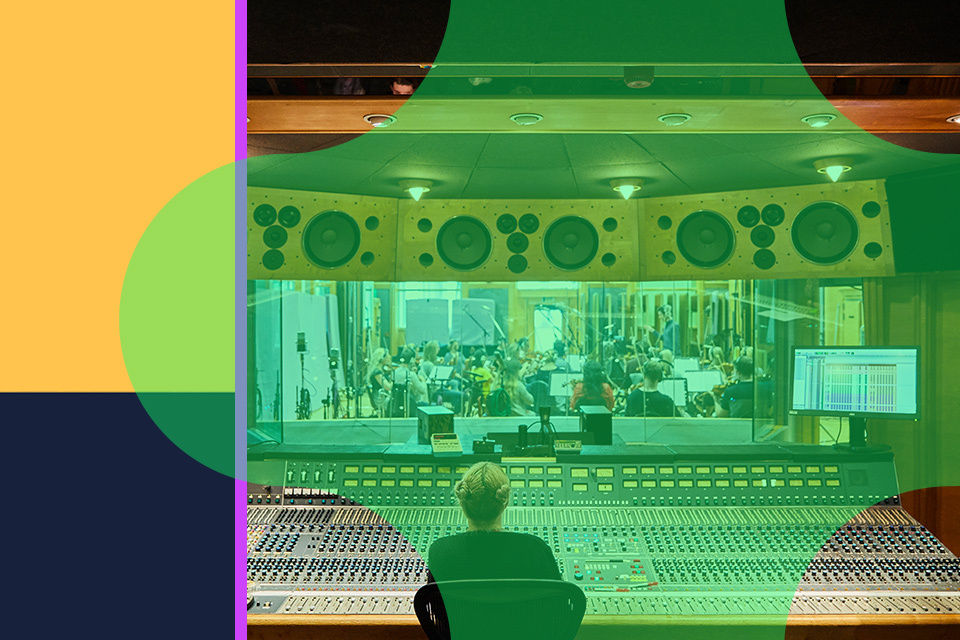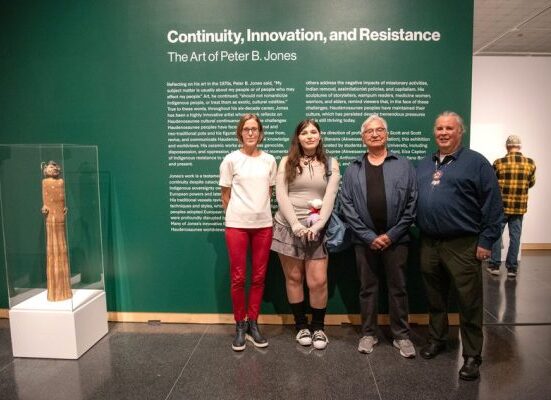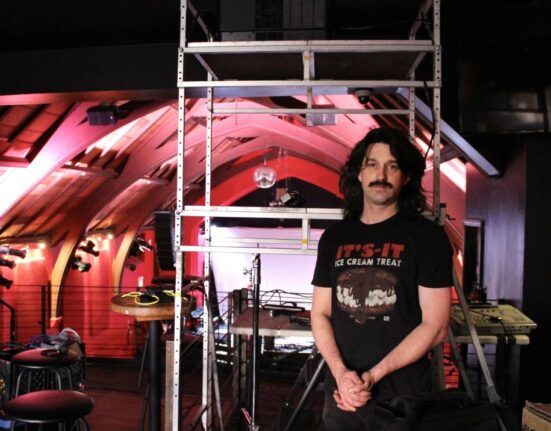-
Music, film and publishing bosses among industry leaders meeting with Lucy Frazer to discuss the impact of AI on creative industries
-
Roundtable will focus on how government and industry can address the risks AI poses to artists’ intellectual property and explore how AI can help grow the sector, supporting jobs and talent
-
Attendees include Warner Music, Universal, Getty Images and visual effects studio Framestore
The future of artificial intelligence in film, music and television will be discussed today (Monday 20 November 2023) at a roundtable led by Culture Secretary Lucy Frazer and attended by key figures in the creative industries.
Senior bosses from the UK’s creative sectors – such as Warner Music, Getty Images and the Publishers’ Association – will join representatives from the Intellectual Property Office and Creators’ Rights Alliance to explore the opportunities and challenges AI presents to creative industries.
Central to the discussion will be concerns about copyrighted material being used without permission to train AI models like ChatGPT, and the risk that content created by AI can potentially infringe creative’s intellectual property. The meeting is also expected to cover necessary protections for artists’ likenesses and voices.
The conversations will also consider how AI can be used positively to achieve the goals set out in the Government’s Creative Industries Sector Vision to boost these industries by £50 billion, create one million extra jobs, and build a pipeline of future talent by 2030. Further AI adoption can allow artists to perform in new ways, like ABBA Voyage which brings together avatars and a live band. AI can also streamline experimentation, generating new edits of songs or footage in minutes which would usually take creators hours. Increasing creativity and productivity can drive further growth in these industries, which contribute £108 billion to the economy annually.
Culture Secretary Lucy Frazer said:
The UK’s strengths and accomplishments in art and entertainment mean we are well placed to take advantage of developing technologies in this field. But creatives rightly have concerns – and proposals – about how their work is used by artificial intelligence now and in the future, and I want to hear them.
As Culture Secretary I want to maximise the potential of our creative industries and grow them by £50 billion by 2030, creating one million new jobs. I believe that AI can help delivering these goals, but only if opportunities are developed responsibly and in lock-step with industry, which is the ambition behind today’s meeting.
The meetings follow the publication of the AI Regulation White Paper, which set out the UK’s context-based, pro-innovation approach for the regulation of AI, and are part of a wider sector engagement plan for the government to understand how this revolutionary technology impacts different industries.
The meetings will cover the Intellectual Property Office’s work to develop a new code of practice, aiming to ensure appropriate protections for copyright material while making content licences to develop AI models more available.
Notes to editors
The discussion points raised in the meetings will be carefully considered and engagement with the sector is ongoing.







